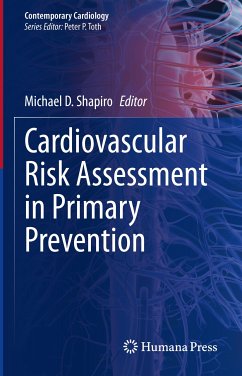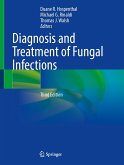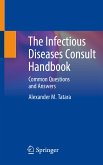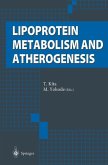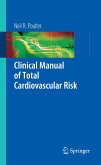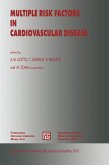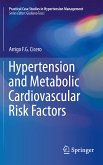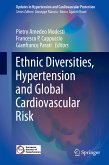This book is the first comprehensive text dedicated to risk assessment in the primary prevention of atherosclerotic cardiovascular disease. It provides an overview of current evidence regarding approaches to risk assessment, traditional and emerging risk factors, and atherosclerosis imaging for refinement of risk estimation. The volume seeks to provide an essential resource for professionals in the field to assess their patients for risk of cardiovascular disease.
The book is divided into five sections, starting off with an overview of current best practices to risk assessment in primary prevention around the world. The second section discusses traditional risk factors, such as hypercholesterolemia, hypertension, diabetes, smoking, and obesity. The third section reviews the newly introduced concept of 'Risk Enhancers'. The fourth section offers insight on novel risk factors, with in-depth discussion regarding lipoprotein(a), high-sensitivity CRP, apolipoprotein B, social determinants of health, stress and cardiovascular disease. and polygenic risk scores. The final section covers the use of non-invasive atherosclerosis imaging (computed tomography and ultrasound-based techniques) as a tool to refine risk estimates. Throughout the book, readers will find multiple tables, figures, and illustrations that complement the text.
Up-to-date, evidence-based, and clinically oriented, Cardiovascular Risk Assessment in Primary Prevention is a must-have resource for physicians, residents, fellows, and medical students in cardiology, endocrinology, primary care, and health promotion and disease prevention.
Dieser Download kann aus rechtlichen Gründen nur mit Rechnungsadresse in A, B, BG, CY, CZ, D, DK, EW, E, FIN, F, GR, HR, H, IRL, I, LT, L, LR, M, NL, PL, P, R, S, SLO, SK ausgeliefert werden.

